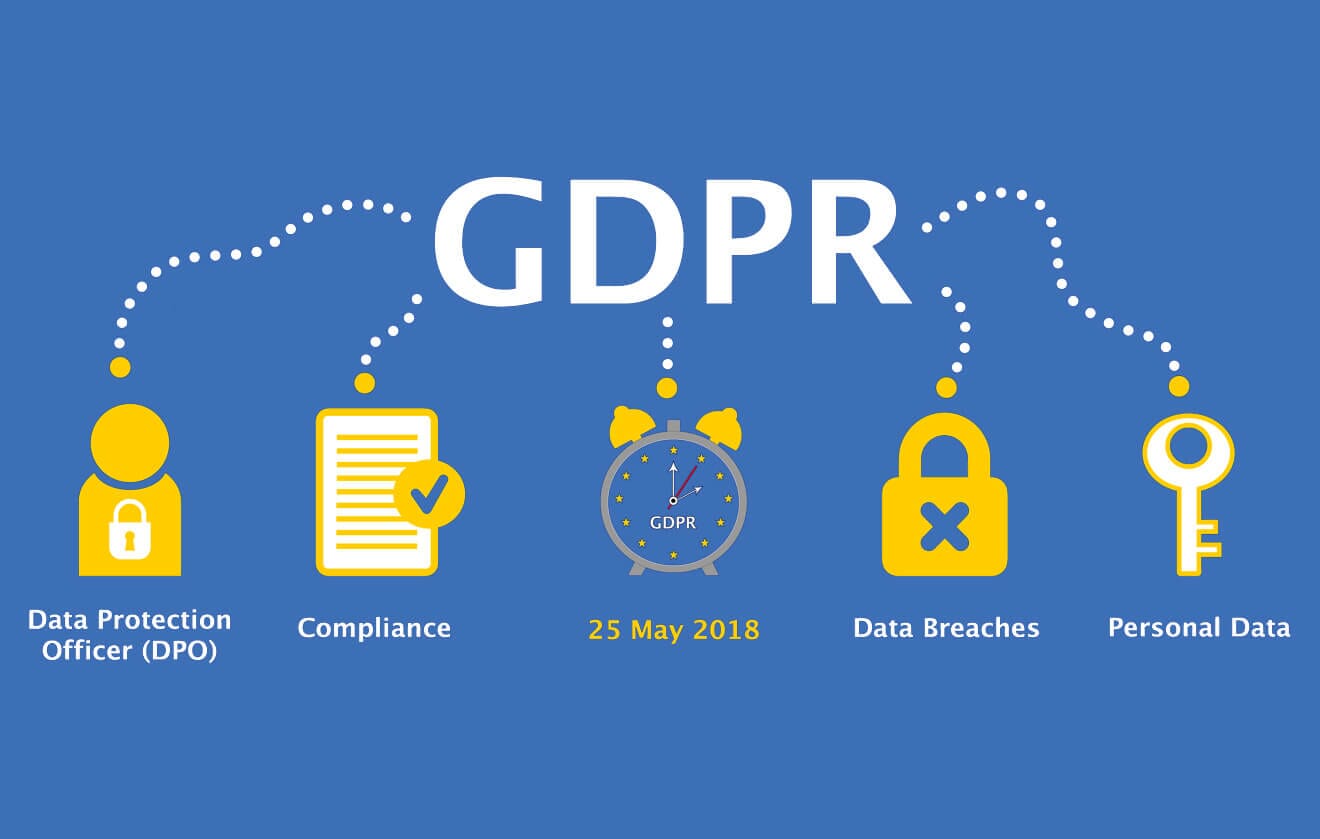In contemporary years, marketers have lived through the Era of Substantial Data, and the Personalisation Era, and now, we are residing in the “Epoch of Consent.” With the establishment of GDPR (General Data Protection Regulation), marketers and citizens of the European Union are supposed to protect their confidential data for the sake of their security assurance and convenience.
Extending Alliance
Marketers may update not only their privacy policies but also find unconventional ways to associate with their customers so that consumers allow marketers to use their data with their consent. It builds a healthy relationship between the dealers and consumers to sustain marketing goals.
In the European Union, marketers are still battling to make people understand the importance of this regulation, and convincing them, how it protects their data while preceding their marketing strategy. For this purpose, the consent of the consumers is mandatory. Here are some tips for surviving this new era.
Customisation and Personalisation

To convince people for GDPR compliance, it becomes essential to tell people about the collection and maintenance of their data. For sharing any information, you need to take consent from the consumer every single time.
Personalisation is assuredly not a new concept. But GDPR is forcing both Businesses to Business Service (B2B) and Business to Consumers (B2C) marketers to embrace privatised communication. This communication should customise the consumers’ interests if they wish to maintain customer data.
Omnichannel Marketing
GDPR offers relief to its consumers for sharing and securing their data by giving them the right to opt-in or out of the shared data. Under the GDPR, if a marketer attempts to use the customer’s personal data, it will result in the loss of previous data. Therefore, cross-channel strategy becomes difficult. That’s why it’s important to inform people how secure their data is.
Arbitrator’s Predicament
A professional marketer can never rely on a third-party vendor to process customer data. Being the controller, it’s your responsibility to check the credibility of the third party members. Keeping an eye on them is really important for data processing to remain compliant with the regulation.
Prove Yourself Trustworthy
Ease the customer’s fear for the data protection by highlighting the benefits to consumers in a simple way. And make them aware of the procedures and processes executed by GDPR to ensure the guaranteed safety of their data.

Hurry-hurry Never Did
Trust doesn’t build up overnight, so if you ask a new customer to provide all the information at once, it will make them suspicious about you. Collect the data gradually so that consumers can rely upon you. Moreover, they don’t get the feeling of giving their data at risk all at once
Apprise The Significance Of Data Collection
People don’t provide complete information because they get threatened about the risk of data security. Therefore, you need to be honest while educating your consumers about data collection and its preservation.
Give Them Possible Convenience
Usually, the customer’s data gets stored in different systems, and it’s not that easy for them to delete all the unwanted data at once by clicking “Delete”. Therefore, it’s essential to accumulate customer data in one place, giving them the ultimate control over their data.













Leave a Reply